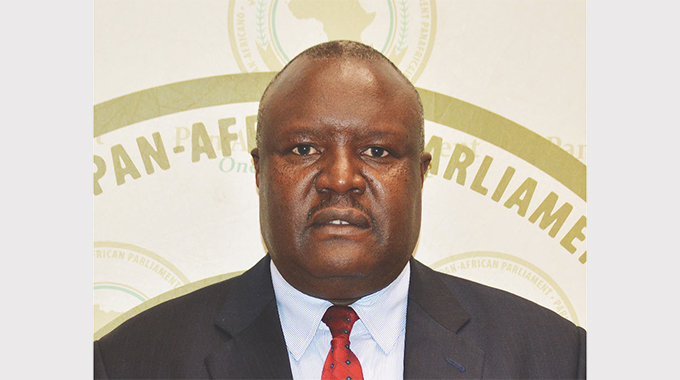Key skills in administering complex deceased estates

Godknows Hofisi
On August 11 2022, I wrote an article titled “Managing deceased estates that own shares in companies”. In that article, I pointed out that many times it happens that at the time a person dies he or she owns shares in a company or companies and such shareholding may be significant in terms of value.
The deceased may have been a major, majority or sole shareholder in the companies. At times the deceased owner of the business may have been involved in the management of the company as is typical in small to medium enterprises.
In this article I look at complex deceased estates and the key skills required to manage them.
Estates administration
In Zimbabwe, deceased estates are managed in terms of the Administration of Deceased Estates Act (Chapter 6:01).
It is a requirement at law that when a deceased estate is registered with the Master of the High Court of Zimbabwe an estate administrator, commonly known as executor or executrix, is appointed to administer the deceased estate.
The deceased may have died with a valid will (testate) or without a valid will (intestate).
Complex deceased estates
Deceased estates range from simple ones with a few assets, creditors and stakeholders to complex ones with many or high value assets, creditors and many stakeholders.
Assets can be in the form immovable properties such as land and buildings, movable assets such as vehicles or equipment or instruments such as shares in companies.
Creditors include those owed by the deceased estate and can be quite significant at times.
Key stakeholders usually include beneficiaries such as children and surviving spouses, who may be many at times.
A deceased estate may include shares held by the deceased personally or directly at the time of his or her death. It becomes more complex where many companies are involved and the deceased was instrumental in their management.
Key skills or competencies for complex deceased estates
My view is that estate administrators with the following competencies or backgrounds are more likely to succeed in managing complex deceased estates:
Practitioners who are both lawyers and accountants with the necessary estate administration experience.
Practitioners with extensive business management experience.
Corporate rescue practitioners as they deal with complex and at times volatile or problem situations.
Dispute resolution practitioners with people management skills.
Below are some of the key issues that may confront the administrator of a deceasedestate:
Legal issues
In Zimbabwe deceased estates are administered in terms of the Administration of the Deceased Estates Act. Complex estates including decisions or transactions thereon may require greater attention to the laws applicable to different situations.
Dissatisfied beneficiaries may contest certain decisions made by the executor or executrix.
Even wills may be challenged especially by those left out or if a lot is at stake. Some beneficiaries may prefer a particular executor instead of the other along the way.
Even attempts to remove some practitioners are usually made.
Dispute resolution
Complex deceased estates attract a lot of disputes. Some unresolved disputes may deteriorate into litigation, which may be disruptive.
From time to time an executor or executrix may need to engage beneficiaries and other stakeholders such as creditors or surviving spouses to find common ground. Dispute resolution is therefore a key skill in complex deceased estates.
Business issues
Where the deceased was a shareholder in companies his or her shares constitute assets of the deceased estate. The estate administrator will have to take care of the companies especially to ensure their continued existence.
Beneficiaries stand to benefit from the continued existence of the companies.
Some shares in companies may not be held by the deceased in his or her personal capacity or directly but through some special purpose vehicle or trust. The executor or executrix should be able to tell which shares fall into the deceased estate and which ones do not.
An estate administrator will be better equipped if he or she has knowledge of and experience in business management, especially intricate accounting, finance and tax.
This could explain why there is a trend in Zimbabwe where you find practitioners who are both lawyers and accountants, even chartered accountants, with some having extensive business management experience acquired from working in business environments in industry and commerce.
Complex deceased estates are normally demanding and require multi-disciplinary competencies.
Experienced administrators particularly those who are lawyers, accountants and have extensive business management experience are likely to succeed.
Disclaimer
This simplified article is for general information purposes only and does not constitute the writer’s professional advice.
Godknows (GK) Hofisi, LLB(UNISA), B.Acc(UZ), Hons B.Compt (UNISA), CA(Z), MBA(EBS, Heriot- Watt, UK) is the Managing Partner of Hofisi & Partners Commercial Attorneys, chartered accountant, insolvency practitioner, registered tax accountant and advises on deals and transactions.
He has extensive experience from industry and commerce and is a former World Bank staffer in the Resource Management Unit. He writes in his personal capacity.
He can be contacted on +263 772 246 900 or [email protected]











Comments